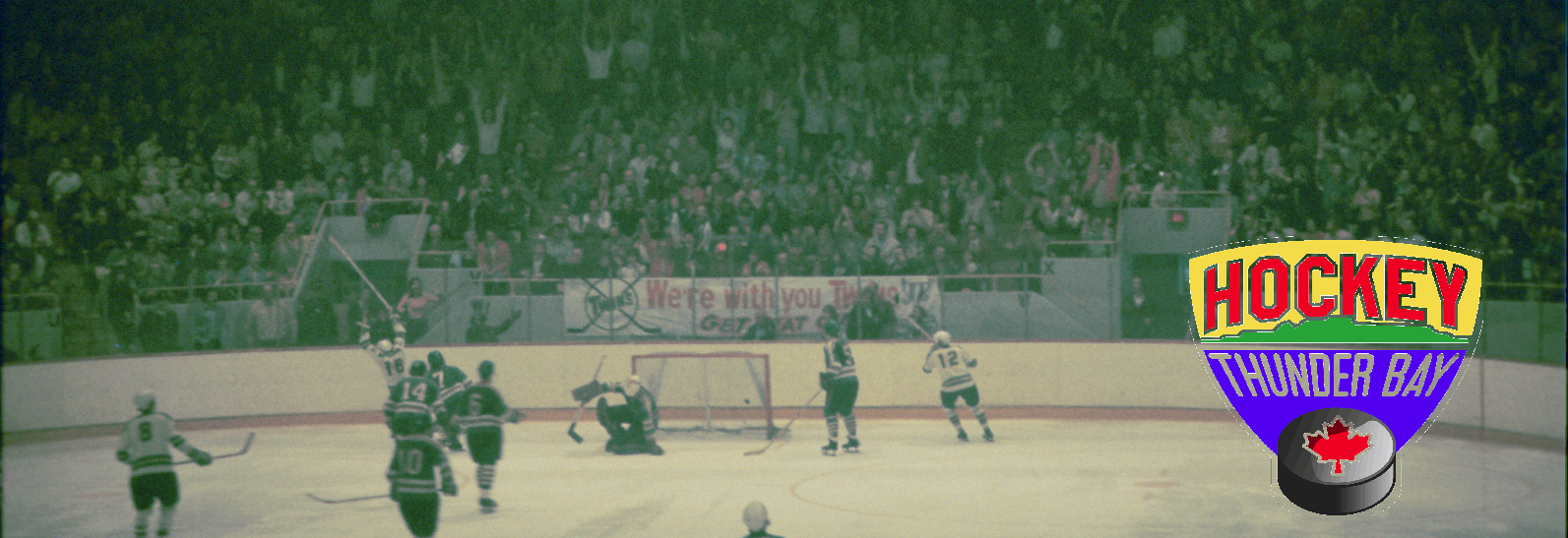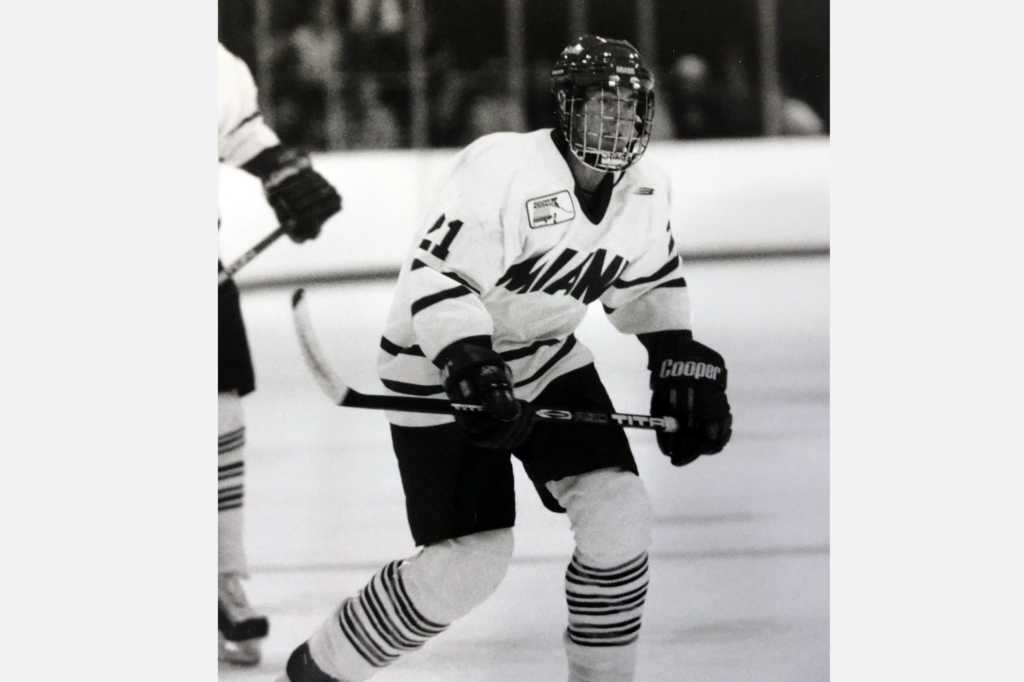 LIKE many before him, Ryan Brindley has taken what he learned in the rinks of Thunder Bay and went on to achieve success elsewhere.
LIKE many before him, Ryan Brindley has taken what he learned in the rinks of Thunder Bay and went on to achieve success elsewhere.
From playing his minor and junior hockey in the Lakehead, to earning an NCAA Division I scholarship, then going on to have a solid minor pro career, Brindley now coaches, develops and mentors’ young players in Florida.
As the founder and director for Southeast Elite Hockey as well as hockey director of TPH Florida, the 47-year-old Thunder Bay product remains heavily invested in the game.
He’ll also be paying special interest to the upcoming World Junior Hockey Championship as his son Gavin, a freshman forward at the University of Michigan, will compete for the United States after earning a place on the Team USA roster.
Growing up, Brindley played minor hockey locally on defence with the Current River Comets before skating with the Thunder Bay Kings AAA program.
Savouring his time as a youth still resonates with him.
“I loved winning and can honestly say looking back, that I did anything I thought was best to help the team win,” Brindley reflected.
“The personal accomplishments never seemed to excite me the same way as the team wins.”
The childhood memories remain cognizant to this day.
“Winning the Robin’s Donuts Tournament as a kid with Current River was unreal. It was the biggest tournament of the year playing minor hockey. Winning it with the kids from your neighbourhood was a special feeling.”
Later moving on to play with the Kings, then junior, where he spent two seasons with the Thunder Bay Flyers in the United States Hockey League, the up-and-coming blueliner began to hone his craft under the tutelage of those who taught him the game.
“I had so many great coaches growing up,” Brindley surmised. “The culture and work ethic I was surrounded with was extremely beneficial; not only from the coaches, but the parents, teammates and competition.”
Pondering those times, he added: Jim Johnson and Marc Chorney really had an impact when I played for the Kings. There were very talented teams with many great players. Guys like Ryan Johnson, Trevor Letowski and Brad Williamson were just some who helped push me to become better at the time.
Suiting up for the local Flyers Jr. A side from 1993-95 was the next step in his on-ice evolution.
“Playing in the USHL at home was amazing. Rick Adduono, Doug Colbon and Larry Wintoneak really helped me develop as coaches.”
A memorable moment for him and the club was winning the 1995 Dudley-Hewitt Cup Central Canadian crown and earning a berth to the Centennial Cup.
Reflecting, Brindley said: “I actually scored one of the few goals I had that year, in the championship game. I think we were down six-on-four at the time and I put one into an empty net on my first and only breakaway of the season. The Fort William Gardens went crazy. That was a great experience.”
Capping off that celebratory Saturday, the Thunder Bay Senators polished off the Muskegon Fury in front of a sold-out Gardens throng that evening to give coach Bill McDonald and his squad their third Colonial Cup title in four seasons.
Brindley credits his coaching development that led him into the next phase of his career, as he earned a NCAA Division I scholarship to Miami (Ohio) in Oxford, Ohio.
“My coaches with the Flyers helped get me ready for a very smooth transition into college hockey.”
Donning the red and white of Miami over the course of the next four years, he played with the likes of fellow Thunder Bay product Barry Schutte, now the school’s associate head coach, and Terrace Bay’s Pat Hanley, as well as current Buffalo Sabres general manager Kevyn Adams.
Graduating with a bachelor of science degree in education, Brindley still looked to compete and went on to perform admirably in the ECHL.
Next week, Part II. Chronicling his pro career; transitioning into coaching and development; along with his son’s own rise to U.S. college hockey and earning an opportunity to compete for World Junior Hockey gold.

